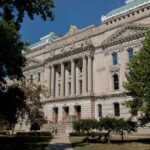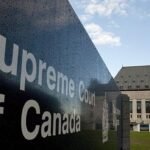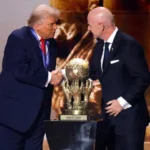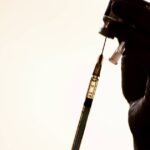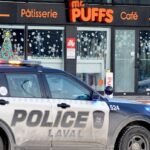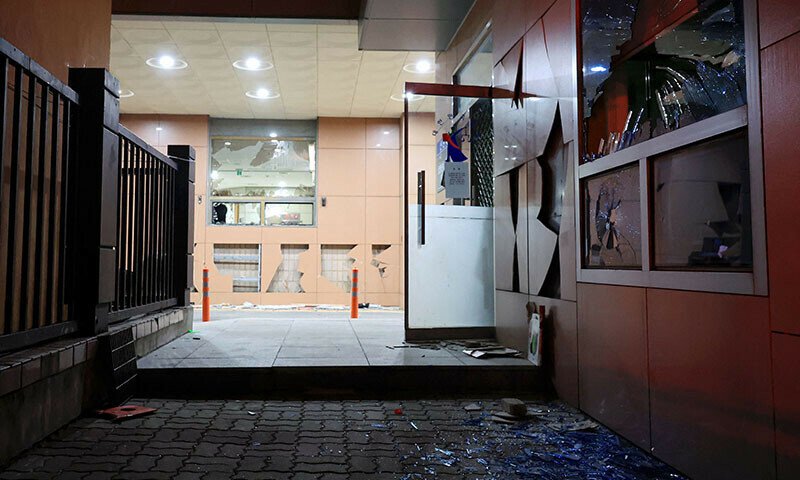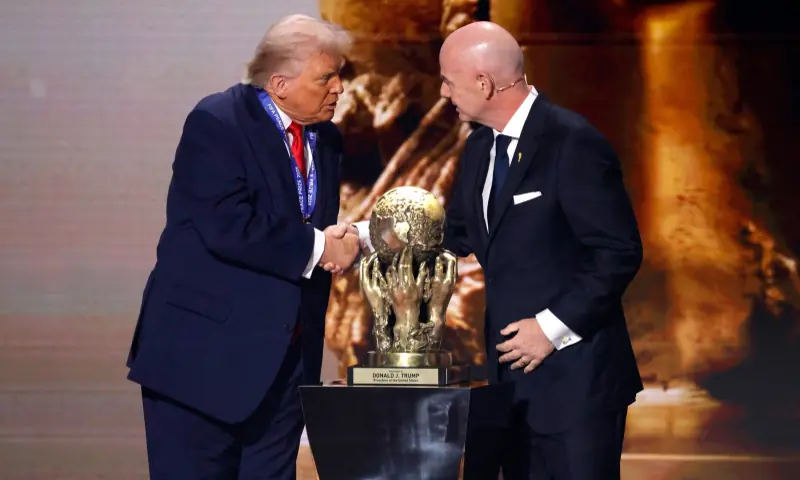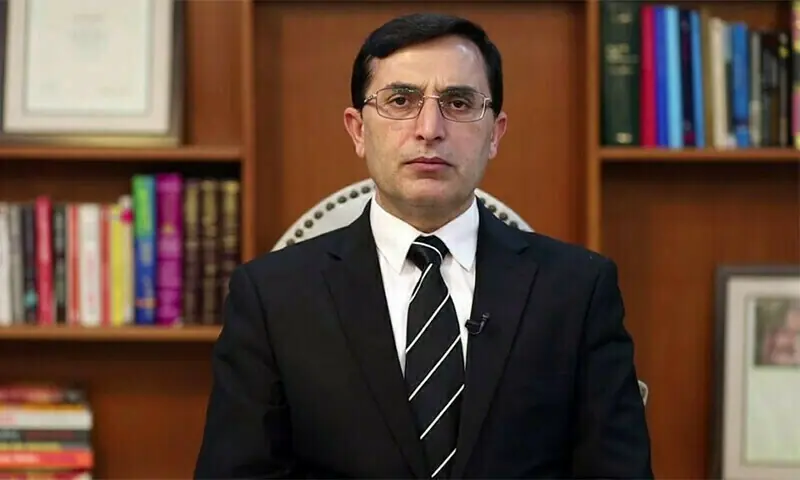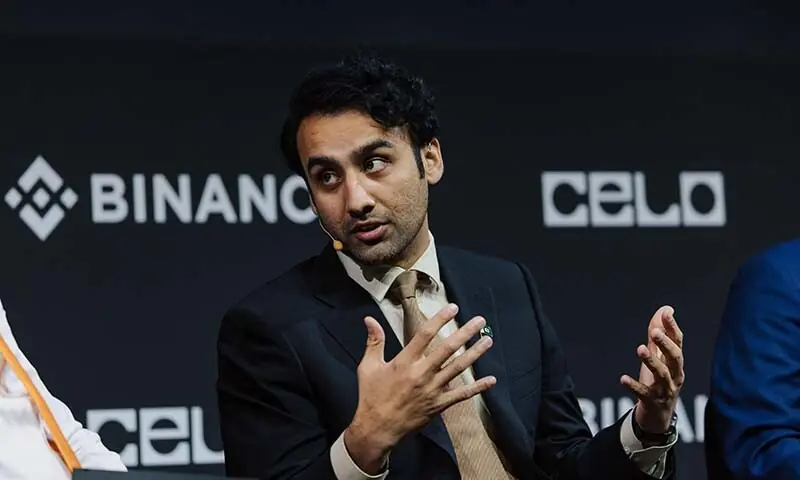Hundreds of supporters of South Korea’s arrested President Yoon Suk Yeol stormed a court building early Sunday after his prolonged detention, smashing windows and breaking into the interior, an attack the country’s acting leader called of “unimaginable.”
On Wednesday, Yoon became the first sitting South Korean president to be arrested as he faces charges of insurrection related to his surprisingly brief Dec. 3 declaration of martial law that has plunged the country into political turmoil.
Shortly after the court announced its decision around 3 a.m. local time on Sunday, Yoon’s supporters invaded the building, overwhelming riot police who were trying to keep them at bay.
Protesters fired fire extinguishers at lines of police guarding the main entrance and then flooded inside, destroying equipment, fixtures and office furniture, footage shows.
Police restored order a few hours later, saying they had arrested 46 protesters and vowed to locate others involved.
“The government expresses deep regret over the illegal violence… which is unimaginable in a democratic society,” acting President Choi Sang-mok said in a statement, adding that authorities would step up security measures around the gatherings.
Nine police officers were injured in the chaos, Yonhap news agency reported. Police were not immediately available to comment on the injured officers.
About 40 people suffered minor injuries, a rescue worker said near the Seoul Western District Court.
Several of those involved livestreamed the intrusion on YouTube, showing protesters vandalizing the courthouse and chanting Yoon’s name. Some streamers were caught by the police during their broadcasts.
Concern that Yoon may destroy evidence
As Yoon refused to be questioned, investigators facing a deadline to arrest the accused president asked the court on Friday to extend his custody.
After a five-hour hearing on Saturday, which Yoon attended, a judge granted a new order extending Yoon’s detention for up to 20 days, due to “concern that the suspect may destroy evidence.”
South Korean regulations require a suspect detained under a court order to undergo a physical examination, have a mugshot taken and wear a prison uniform.
The leader is being held in an isolation cell at the Seoul Detention Center. The Corruption Investigation Office for Senior Officials (CIO), which is leading the investigation, said it had called Yoon for further questioning on Sunday afternoon, but the prosecutor-turned-president again failed to show up.
The CIO said it would ask Yoon to come in for questioning on Monday and barred anyone from visiting him at the detention center except his lawyers.
His lawyers have argued that the arrest is illegal because the warrant was issued in the wrong jurisdiction and the investigation team had no mandate to investigate.
Insurrection, the crime for which Yoon can be charged, is one of the few against which a South Korean president has no immunity and is technically punishable by death. South Korea, however, has not executed anyone in almost 30 years.
Yoon said through his lawyers that he found the violent incident in court “shocking and unfortunate,” and called on people to express their opinions peacefully.
“The president said … that he would not give up and correct the mistake, even if it took time,” the lawyers said in a statement. Yoon said he understands that many feel “anger and injustice” and called on police to take a “tolerant stance.”
Aside from the criminal investigation that sparked Sunday’s chaos, the Constitutional Court is deliberating whether to permanently remove him from office, in line with Parliament’s Dec. 14 impeachment trial, or restore his presidential powers.
However, around a thousand supporters marched towards the constitutional court later on Sunday and police arrested three of them, one of whom tried to scale the court wall, local media said.
Political parties give their opinion
Yoon’s conservative People Power Party (PPP) called the court’s decision to extend his detention on Sunday a “great shame.”
“There is a question as to whether the repercussions of detaining a sitting president were sufficiently considered,” the party said.
The main opposition party, the Democratic Party, said the decision was a “cornerstone” to rebuilding order and that “riots” by “far-right” groups would only deepen the national crisis.
Support for the PPP collapsed after its declaration of martial law, which it rescinded hours later before a unanimous vote in parliament rejected it.
But in the ensuing turmoil – in which the opposition-majority parliament also impeached his first replacement and investigators failed in an initial attempt to arrest Yoon – support for the PPP has rebounded markedly.
His party has surpassed the opposition Democratic Party in support (39 percent to 36 percent) for the first time since August, a Gallup Korea poll showed Friday.
Thousands of people gathered Sunday morning in an orderly rally in support of Yoon in central Seoul. Demonstrations against Yoon have also taken place throughout the city in recent days.
